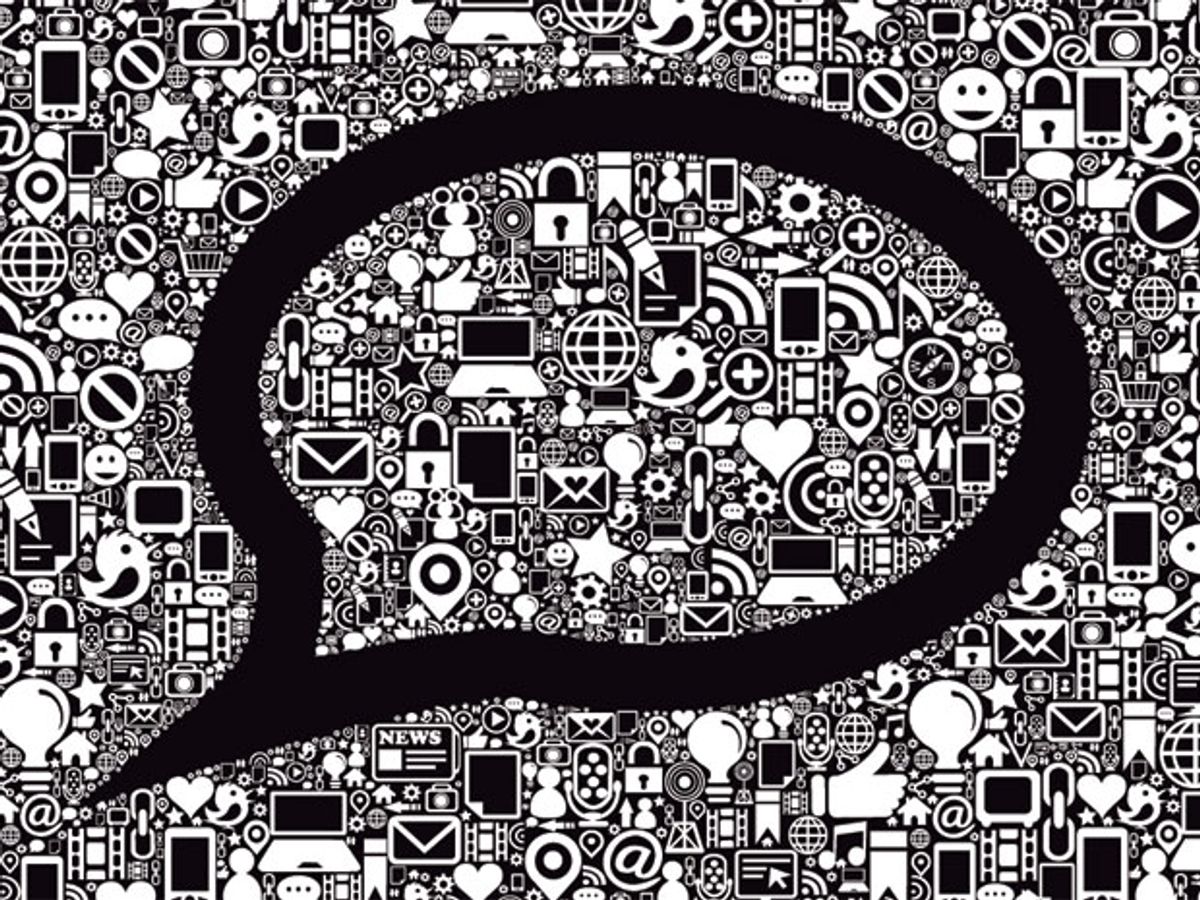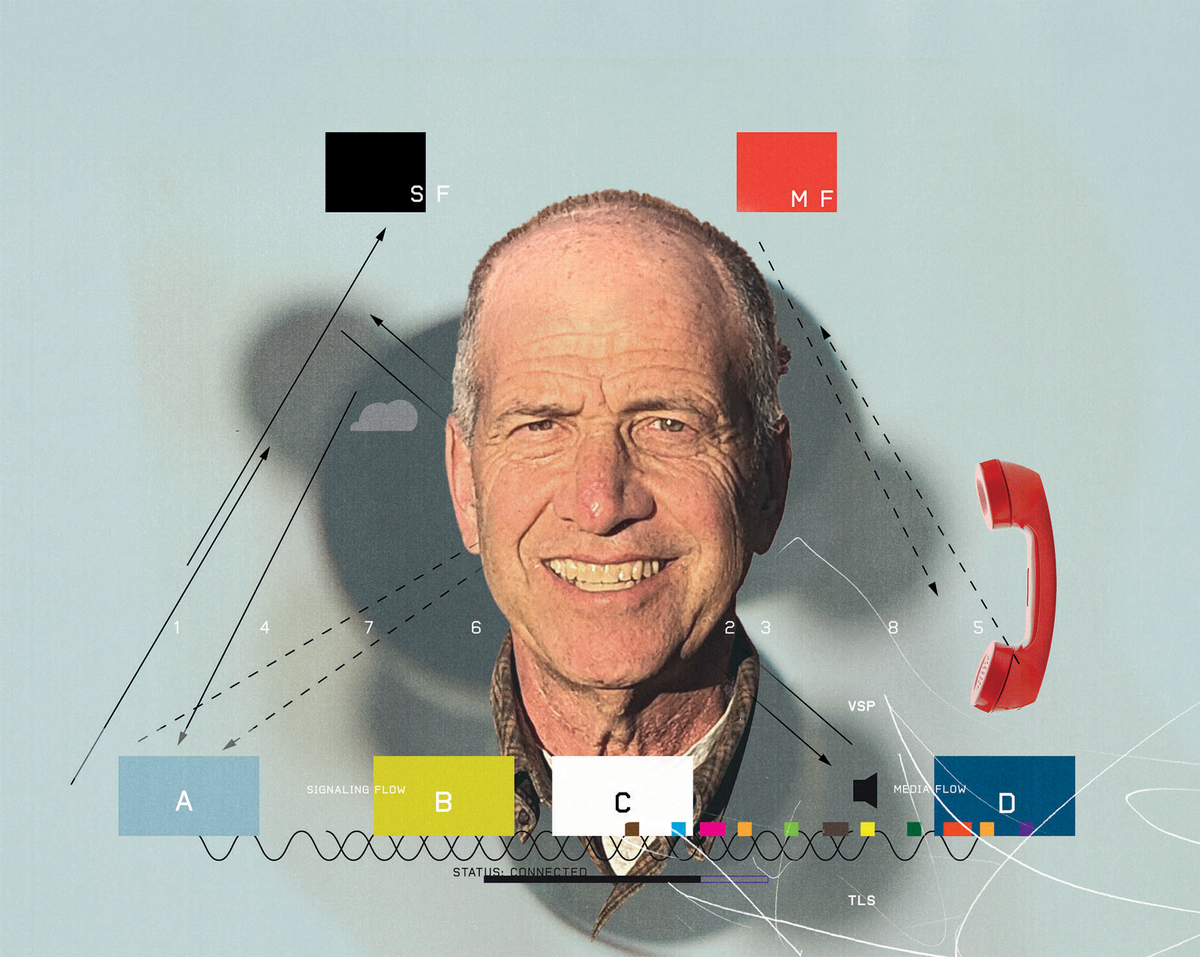In the future, cars will be smart enough to communicate with each other to avoid collisions and sensors placed beneath your skin will transmit your vital signs to medical professionals. Your personal computer will be on your wrist and you will input information with your voice, rather than typing on a screen.
These are just some of the visions spun by a group of more than 1800 technologists surveyed by the Pew Research Internet Project, which released its report on the Internet of Things yesterday. There is general agreement that the Internet of Things, also called the Cloud of Things, will grow dramatically by 2025. But there were diverging opinions over how it will take shape and how much the benefits will outweigh the tradeoffs.
As you might expect, the technically savvy people interviewed for the report were bullish on the conveniences and economic productivity that widespread embedded computing and connectivity can bring. But a number expressed concerns about privacy, security, and the technical complexity of a vastly bigger network than today's Internet. Overall, 83 percent of respondents said the Internet of Things will bring beneficial effects to everyday lives by 2025, with 17 percent answering no.
With cheaper, low-power sensors attached to everything from bridges to home thermostats, computing will become ubiquitous to the point where it will be like the availability of electricity and part of our surroundings, many survey respondents said.
For individuals, the Internet of Things can mean wearable computers, which devices such as Google Glass and fitness bands have helped popularize. And as computing becomes part of our person, it opens up the possibility of an "augmented reality" to enhance people's senses with wearable or implantable technologies.
"Our ability to use nerve impulses to engage with information will expand dramatically," predicts JP Rangaswami, chief scientist for Salesforce.com. "We will see today’s connected devices become smaller and smaller and slowly merge into the part of the body from where the particular sense related to that device operates."
As computing becomes embedded into our daily environment, it will introduce a host of new privacy and security issues, some respondents warn. Frank Pasquale, a professor at Seton Hall University School of Law, says that a workplace with devices connected to an Internet of Things will be more productive but it also sets the stage for a new level of employee monitoring. "It sets the stage for extraordinarily targeted monitoring and manipulation of these individuals," he said.
There is also a wide set of less-personal applications, such as monitoring energy and water infrastructure, vehicles, or the environment. For example, roadways instrumented with sensors could report maintenance issues before they threaten safety, and smart cities with pervasive sensors and high-resolution location services could smooth out traffic and advise people on the best way to commute to work.
With many more devices producing a stream of information, collecting and analyzing all the data will be a problem. For individuals, too, wearable computers and the Internet of Things could make it harder to disconnect from the flow of available information.
"I’m not sure that moving computers from people’s pockets (smartphones) to people’s hands or face will have the same level of impact that the smartphone has had, but things will trend in the similar direction," said Justin Reich, a fellow at Harvard University’s Berkman Center for Internet & Society. "Everything that you love and hate about smartphones will be more so.”



